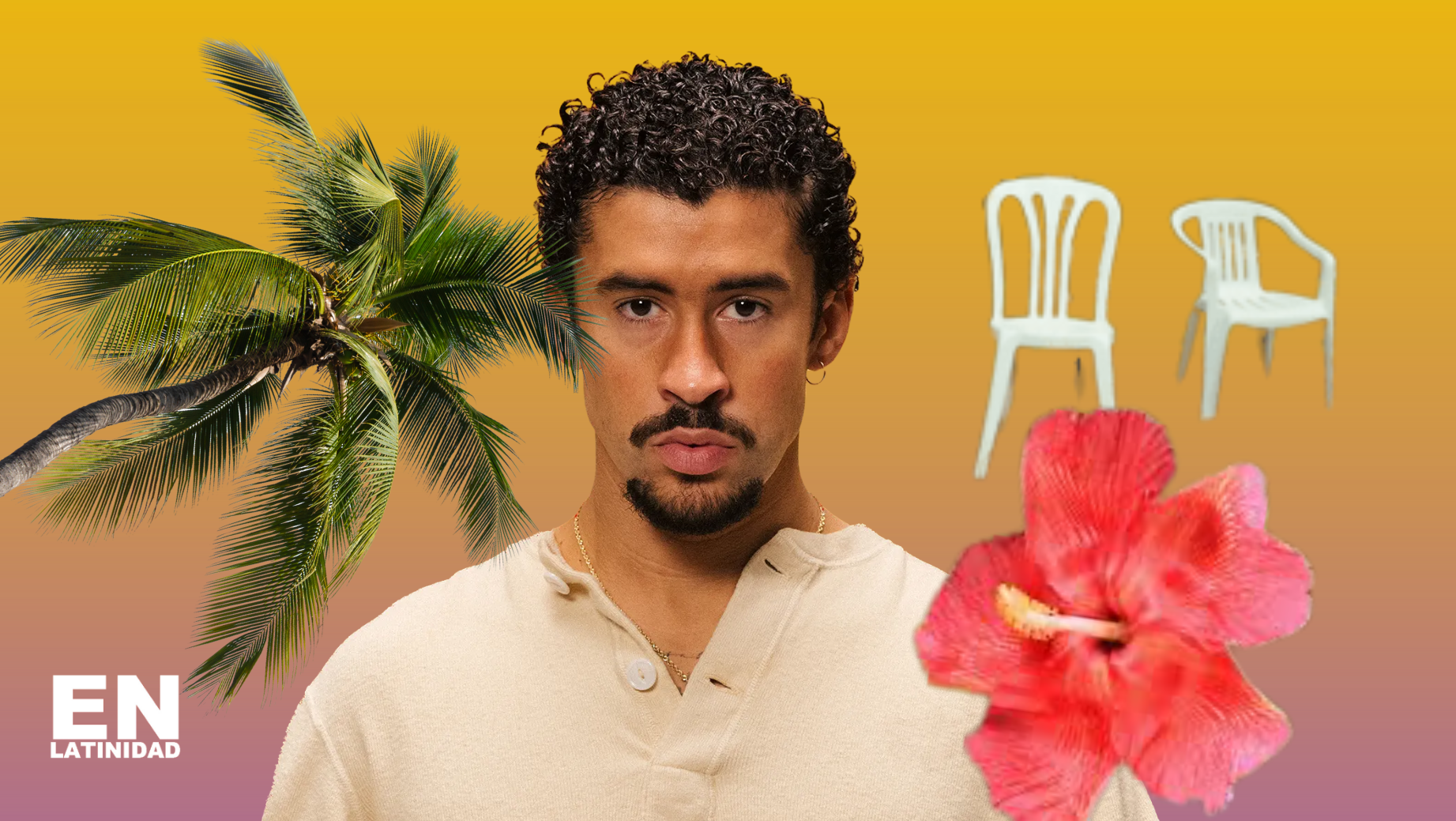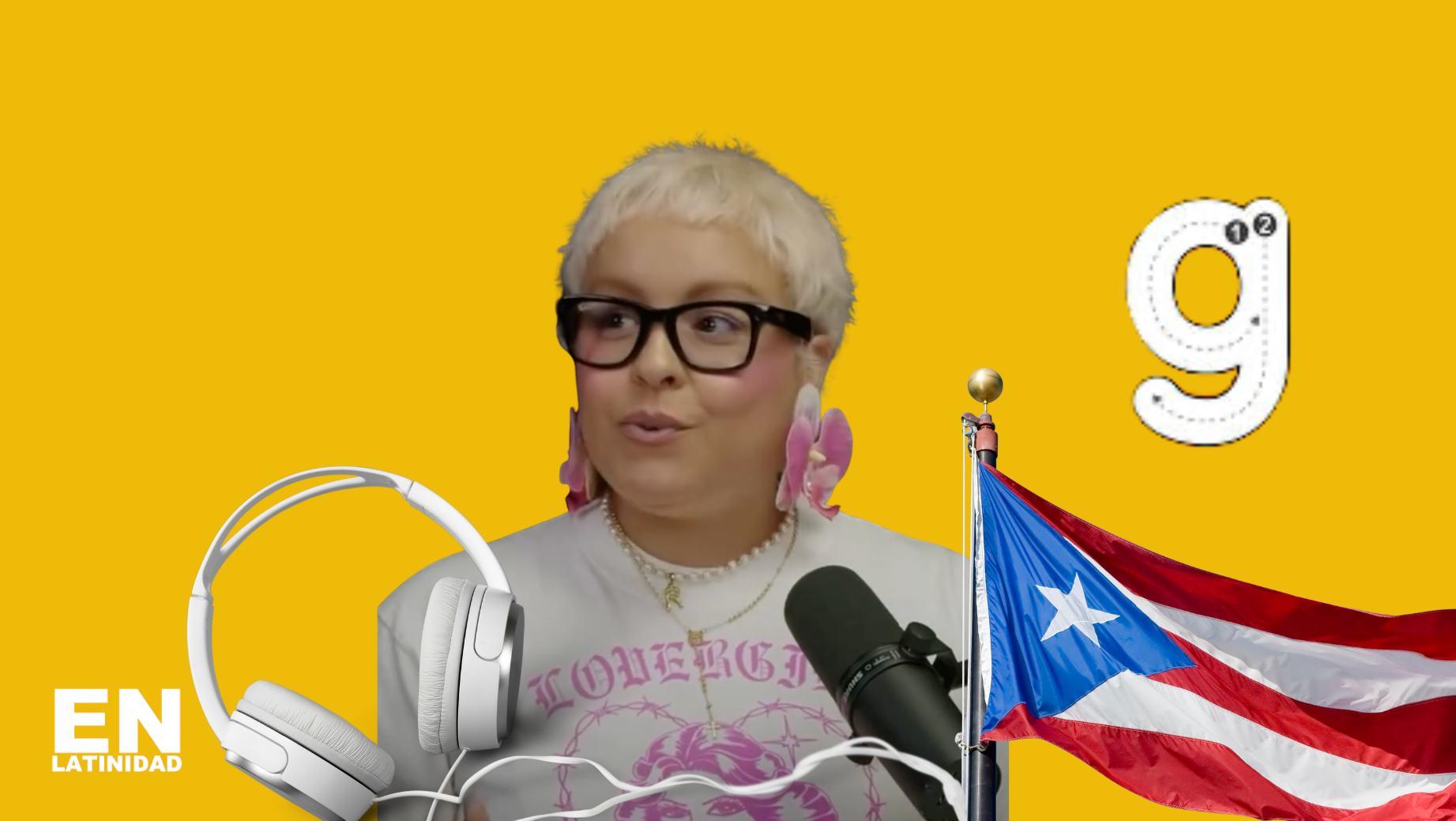Bad Bunny’s Debi Tirar Mas Fotos: A Review
The first time I heard “Un Verano en Nueva York,” I was in my friend’s living room in Flatbush, arguing over who had better sazón—my mom or his abuela. Somebody yelled “¡Cállense!” and turned up the speaker. Suddenly, the whole room went quiet, then wild. That’s the kind of song that stops time. And that’s exactly what Bad Bunny’s Debí Tirar Más Fotosdoes—it slows you down just enough to feel, then hits you with rhythms that won’t let you sit still.From the moment Debí Tirar Más Fotos opens with a flipped El Gran Combo sample, it’s clear that Bad Bunny is trying to do something more than just drop hits. Sonically, the album is rich, immersive, and layered with genre-bending finesse—from full-band salsa and jíbaro rhythms to dembow and house, all stitched together by longtime collaborators like Tainy, MAG, La Paciencia, and new voices like Saox. There’s no question that it sounds beautiful. It’s easily one of his most musically ambitious works to date. But great sound doesn’t exempt artists from critical reflection—especially artists who have positioned themselves, intentionally or not, as cultural leaders.
Throughout Debí Tirar Más Fotos, Bad Bunny explores identity, memory, and Puerto Rican colonial trauma. Tracks like Lo Que Le Pasó a Hawaii and Turista are poignant, poetic indictments of erasure and gentrification. In moments like those, the album doesn’t just sound good—it says something urgent. But there are other moments where the intention doesn’t land. Not every gesture of cultural reclamation goes deep enough. Sampling plena, referencing jíbaro aesthetics, or nodding to tradition is powerful—when paired with depth, not just aesthetic. Some tracks fall into the comfort zone of formulaic hooks and commercial dembow bounce, softening the critical edge he flirts with elsewhere. It raises a fair question: is he just touching on themes, or fully wrestling with them?
This tension speaks to a larger conversation—one that many Black and Brown critics, especially from within the diaspora, have been having for years. As we’ve said before, white Latinos like Bad Bunny benefit from proximity to power, beauty standards, and marketability. That comes with responsibility. When you are one of the biggest Latin artists on the planet, and you position yourself as a voice for Puerto Rico, for the people, for the culture—you must be willing to be held accountable when your representation excludes, when your activism falls short, or when your privilege goes unexamined.
That doesn’t take away from the music. Debí Tirar Más Fotos is a phenomenal album. The cultural impact is undeniable. And that’s exactly why it’s worth holding up to the light. We’re not nitpicking—we’re participating in a conversation about power and progress. Because the truth is: artists are politicians, whether they like it or not. Their work shapes how people understand race, place, and belonging. That’s why it matters when they stand up for what’s right—and it’s just as important to examine when they don’t. Critical love is still love. And the fact that we expect more from Bad Bunny? That’s a testament to his influence.
At the end of the day, Bad Bunny is one of the most important cultural figures of our time. He is a brilliant, complicated leader for Puerto Rico. And honestly, the world would be a better place if every community had a Bad Bunny—an artist who, even in imperfection, strives to honor where they come from and push conversations forward. We can celebrate that and still demand more. That’s not contradiction. That’s care.





Leave a Reply
You must be logged in to post a comment.